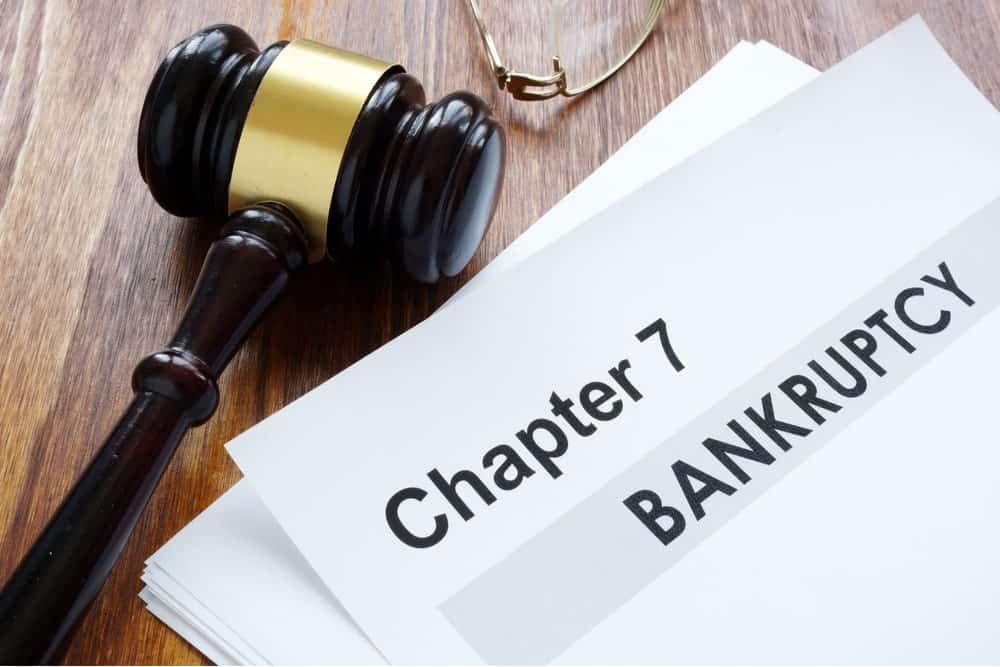Chapter 7 bankruptcy can be a powerful tool for those who are overwhelmed by unsecured debt. But, not everyone seeking relief from debt is eligible for Chapter 7, and not everyone who meets Chapter 7 eligibility requirements will benefit from filing.
If you’re considering bankruptcy as a means of regaining control of your finances, a free consultation with an Ohio bankruptcy attorney is the best place to start.
Chapter 7 Eligibility Requirements
There are few limitations on who can legally file for bankruptcy in the United States. People with and without jobs can file for Chapter 7 bankruptcy, and there’s no limit on the amount of debt that can be included in a Chapter 7 case.
An individual or couple may be disqualified from Chapter 7 if the filer:
- Has received a bankruptcy discharge too recently (8 years for Chapter 7 or 6 for Chapter 13)
- Has had a bankruptcy case dismissed within the previous 180 days for one of a few specific reasons
- Doesn’t income qualify
While the first two criteria are straightforward, determining whether you are income eligible for Chapter 7 bankruptcy may be less clear.
The Chapter 7 Means Test
The means test was added to the U.S. Bankruptcy Code in 2005 as a means of ensuring that only people who really needed bankruptcy protection were able to eliminate debts through the process. Or, in the language of the law, to prevent abuse of the bankruptcy process.
The first step in determining financial eligibility is to compare the prospective bankruptcy filer’s income to the median income in his or her state, based on household size. If the consumer’s income is below the state median, then the analysis typically goes no further. It is presumed that a person with below-median income is not abusing the bankruptcy process by filing chapter 7.
However, if the would-be bankruptcy petitioner has income in excess of the state median for his or her household size, a more complicated calculation kicks in. That calculation is designed to determine whether the prospective bankruptcy petitioner can afford to pay back some of his or her debts. This step compares monthly income with allowable expenses, such as housing, groceries, utilities, health care, and transportation. But, the expenses used in that calculation aren’t necessarily the debtor’s actual expenses—for most categories, IRS standards are substituted for actual costs.
If funds remaining after deducting those expenses total less than $7,700 across five years, there is no presumption of abuse, and the petitioner may proceed. If the remaining funds total more than $12,850 across five years, a presumption of abuse arises, and the consumer will likely be ineligible to file for Chapter 7 bankruptcy, although there are exceptions.
The Grey Area
Those who don’t get a clear answer from the initial calculation—those whose excess income over a five-year period falls between $7,700 and $12,850—go on to another calculation. This step compares the total amount of unsecured debt with the excess income. If there is enough leftover income to allow the consumer to pay at least 25% of unsecured debt, then he or she will typically not be eligible for Chapter 7 bankruptcy.
Those who are unable to file under Chapter 7 because they have too much income will often be able to take control of their debts through a Chapter 13 repayment plan.
Talk to an Experienced Ohio Bankruptcy Lawyer
If you found the test above complicated or confusing, you’re not alone. And, there are exceptions and extenuating circumstances that may overcome a presumption in either direction.
An experienced local bankruptcy attorney can help determine whether you are eligible for Chapter 7 bankruptcy and whether Chapter 7 might be the right tool for you
You can schedule a free consultation right now by calling 440-946-7656 or filling out the contact form on this site.
The information presented in this post is not legal advice and does not form a lawyer/client relationship. Laws and circumstances can differ and change.
Please contact us for a personal review of your situation







